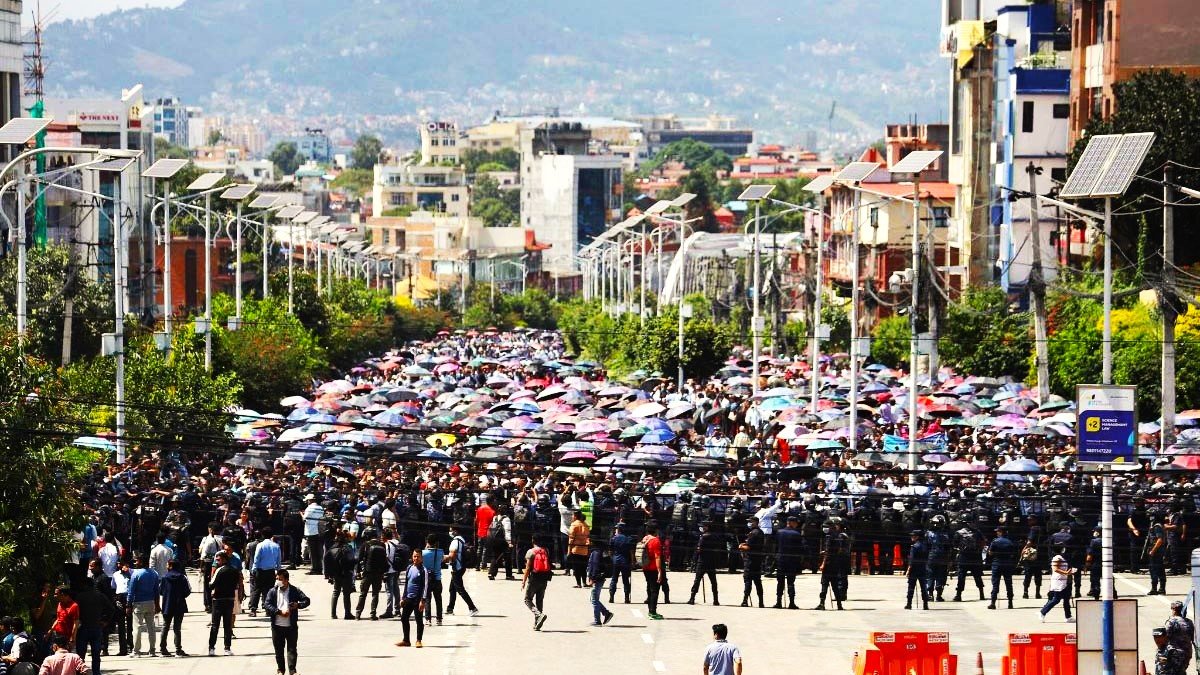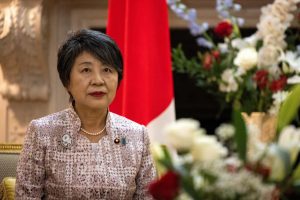
Why Is Nepal Teachers’ Federation Unsatisfied? Protests Rock Kathmandu
As Kathmandu witnesses massive protests led by the Nepal Teachers’ Federation (NTF), it becomes evident that the dissatisfaction among educators in Nepal has reached a boiling point. The question arises: What is driving this discontent among educators in Nepal? Let’s delve into the key reasons behind the unrest:
Controversial Education Bill: Central to the Nepal Teachers’ Federation’s grievances is a contentious education bill that was introduced in the House of Representatives on September 13, 2023. This bill, which has sparked significant protests, lies at the heart of their concerns.
Local Government Authority: A major point of contention within the bill is the provision that empowers local governments with authority over teacher recruitment, transfers, promotions, and demotions. The Federation fears that this shift in control could jeopardize job security and potentially affect the quality of education.
Violation of Agreements: The Federation accuses the government of disregarding previous agreements made with educators during the bill’s drafting process. This perceived betrayal has fueled frustration and anger among teachers.
Relief Quota Teachers’ Concerns: The unrest also extends to teachers recruited under the relief quota, who are demanding a fair chance at permanent postings. They oppose a provision in the bill that allows only half of them to compete internally, seeking an opportunity for all 40,000 relief quota teachers and a “golden handshake” for those who don’t qualify.
Trade Union Rights: Teachers have accused the government of infringing upon their trade union rights, which they see as a threat to their ability to advocate for their interests and maintain a high standard of education.
Unrelated Provisions: Critics of the bill have noted that it contains provisions unrelated to education, such as matters related to polygamy and affiliations with political parties. These provisions have raised questions about the bill’s focus and appropriateness.
A Demanding 18-Point Agenda
The Nepal Teachers’ Federation has put forward an 18-point demand, which includes not only their objections to local government authority but also concerns related to job security for various categories of teachers, staff, early childhood development teachers, and teacher benefits.
One of their specific demands is a call for the education bill’s provisions to be reconsidered, emphasizing the need to maintain the federal government’s authority over key aspects of education management.
Impact of the protest
The impact of these protests is significant. With schools closed and teachers taking to the streets, the teaching and learning process in the Kathmandu Valley and beyond has been severely disrupted. As Wednesday, September 20 (today), is a public holiday, it is anticipated that the disruption will continue into the week, leaving parents, students, and educators concerned about the educational landscape.
Despite the Ministry of Education’s attempts to initiate a dialogue, the Federation has refused, expressing a lack of trust in the process. They have made it clear that they are willing to engage in talks only if the government panel is led by the prime minister or acting prime minister, with the involvement of various ministers and party representatives.
As the protests continue to rock Kathmandu, it is clear that the Nepal Teachers’ Federation is steadfast in its determination to address these pressing issues. The dissatisfaction among educators underscores the urgency for the government to engage in meaningful dialogue and reconsider the contentious provisions of the education bill. Until then, the protests are set to remain a prominent fixture on the streets of Kathmandu, demanding a resolution to the concerns of Nepal’s teachers. The resolution of this ongoing issue is crucial for the stability and quality of education in Nepal.















Comments